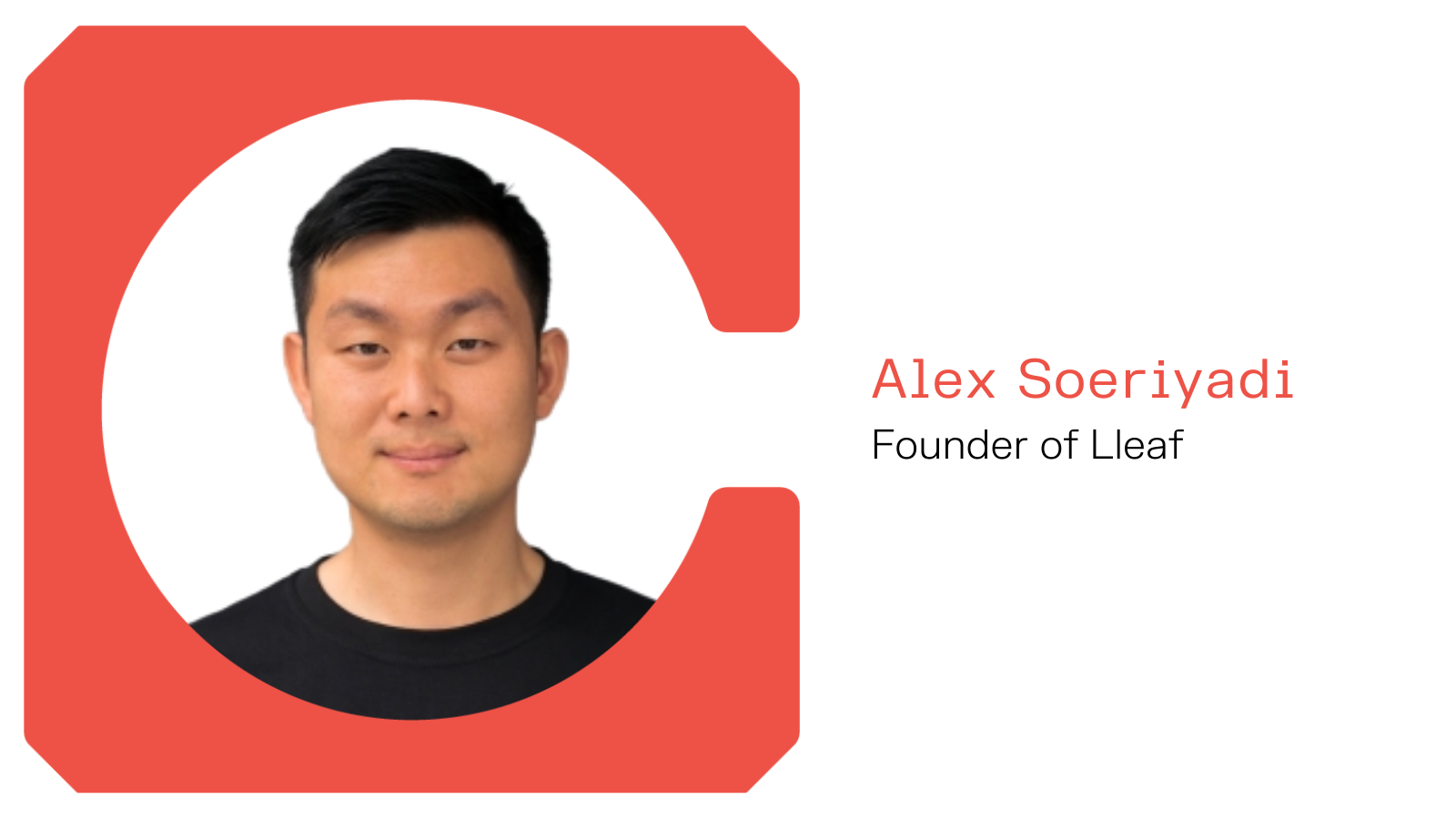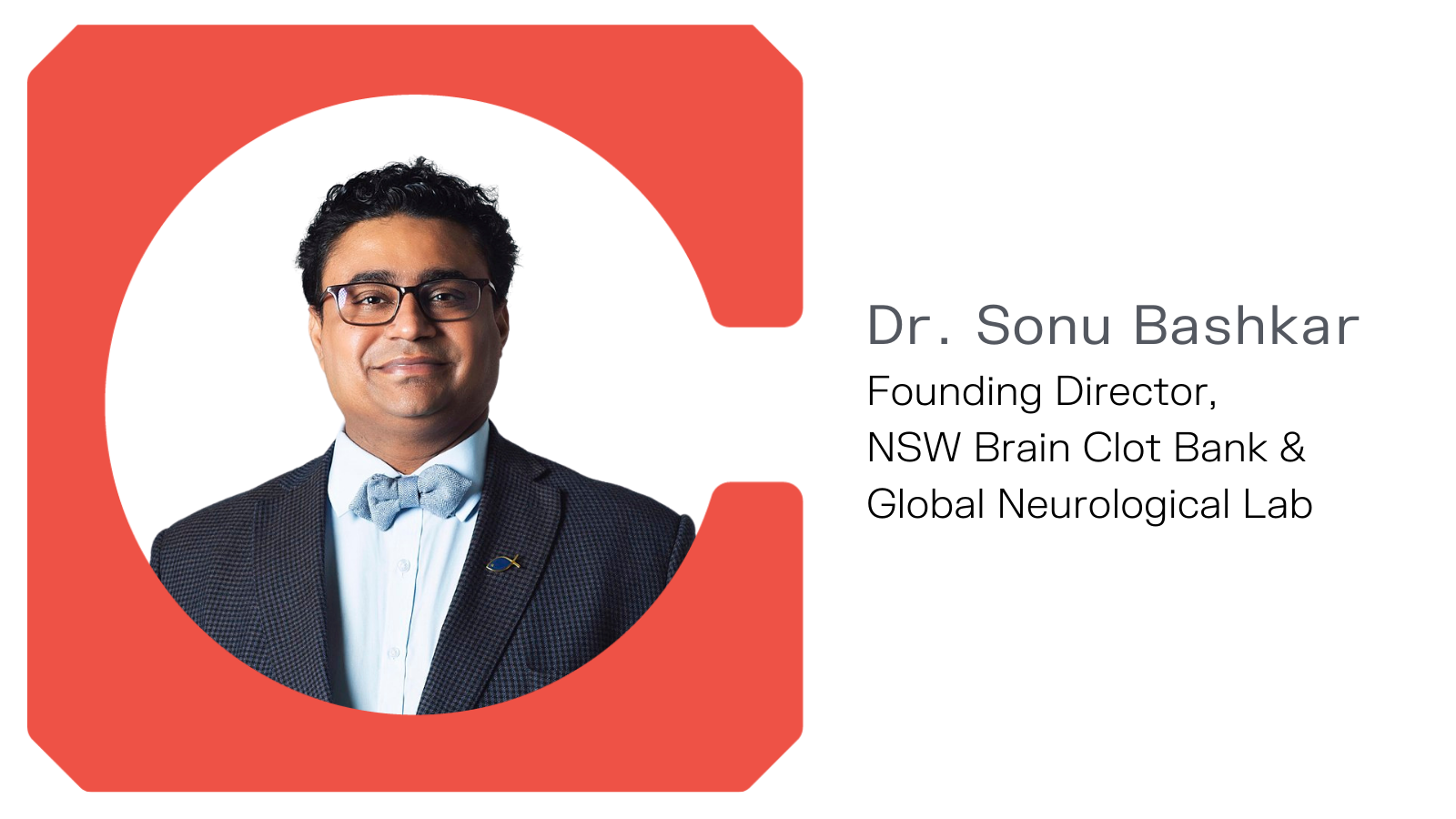Cicada Spotlight: Alexander Soeriyadi

We sat down with recent New South Wales Physical Sciences Fund recipient and Cicada resident, Alexander Soeriyadi (founder of LLEAF) to understand his journey from the lab into founding his own startup. At LLEAF, Alexander is developing luminescent films for greenhouse rooftops that help farmers grow crops more sustainably and efficiently.
In our conversation below, Alexander shares his advice for budding entrepreneurs and his vision for Australia's agtech ecosystem.
Tell us about LLEAF. What main problem in agriculture is LLEAF aiming to solve?LLEAF is about improving the quality of light for growing plants. Horticulture has already benefited tremendously from innovations in nutrition, watering, and climate control, but light quality still remains one area that for most growers is sub-optimal. LLEAF shifts sub-optimal light into more beneficial light (ie from green to red). Typically we see growers solving the problem of having too much light by uniformly shading their plants or using expensive and energy-intensive artificial lights - when they don’t have enough light. LLEAF uses spectrum shifting plastics that shade out only the low-value light while emitting additional high-value red light – protecting plants from sunburn while increasing growth rates.
What made you make the jump from academia to startups?Working in academia, research and innovation are commonplace, but only occasionally do you discover something that has a clear and immediate application in the real world. To be able to significantly increase the productive capacity of greenhouses, sustainably, this was simply too important not to pursue. The technology was developed by my colleague at UNSW Dr Alexander Falber and we agreed as a team, we had to do something with it.
What are three lessons you’ve learnt founding and building LLEAF, useful for other entrepreneurs in deep tech?
LLEAF was recently awarded the New South Wales Physical Sciences Fund. How will this facilitate LLEAF to achieve goals in 2022?The Physical Sciences Fund will enable us to conduct more commercial trials with growers and to finish development of a new, and very exciting, range of season shifting products that will allow growers to grow plants out of season and in new locations. We have found that commercial growers are exceptionally innovative, with most of them having a dedicated space for experimenting with new technologies and crops. They are very interested in what we are doing and they are keen to see if it will work in their facility. What is your vision for Australia’s agtech ecosystem and its growth for the future?In horticulture, we typically see countries with more challenging conditions leading the way in terms of problem-solving. The Netherlands, a small country that feeds Europe by innovating in greenhouse horticulture technology, Singapore with nearly no farmland is working to become food secure with rooftop urban farms and Japan is re-purposing microchip factories for producing leafy greens with automation. Here in Australia, we have a charmed climate, abundant space, and a strong economy. We should look at plans like the Western Sydney Aerotropolis as an opportunity to adopt, implement and advance sustainable cultivation technologies through the inclusion of innovation and commercialisation projects that connect with academics and entrepreneurs.
What are you currently reading, watching or listening to that you would recommend to the community?
Want to find out more about Lleaf? Visit their website. |


